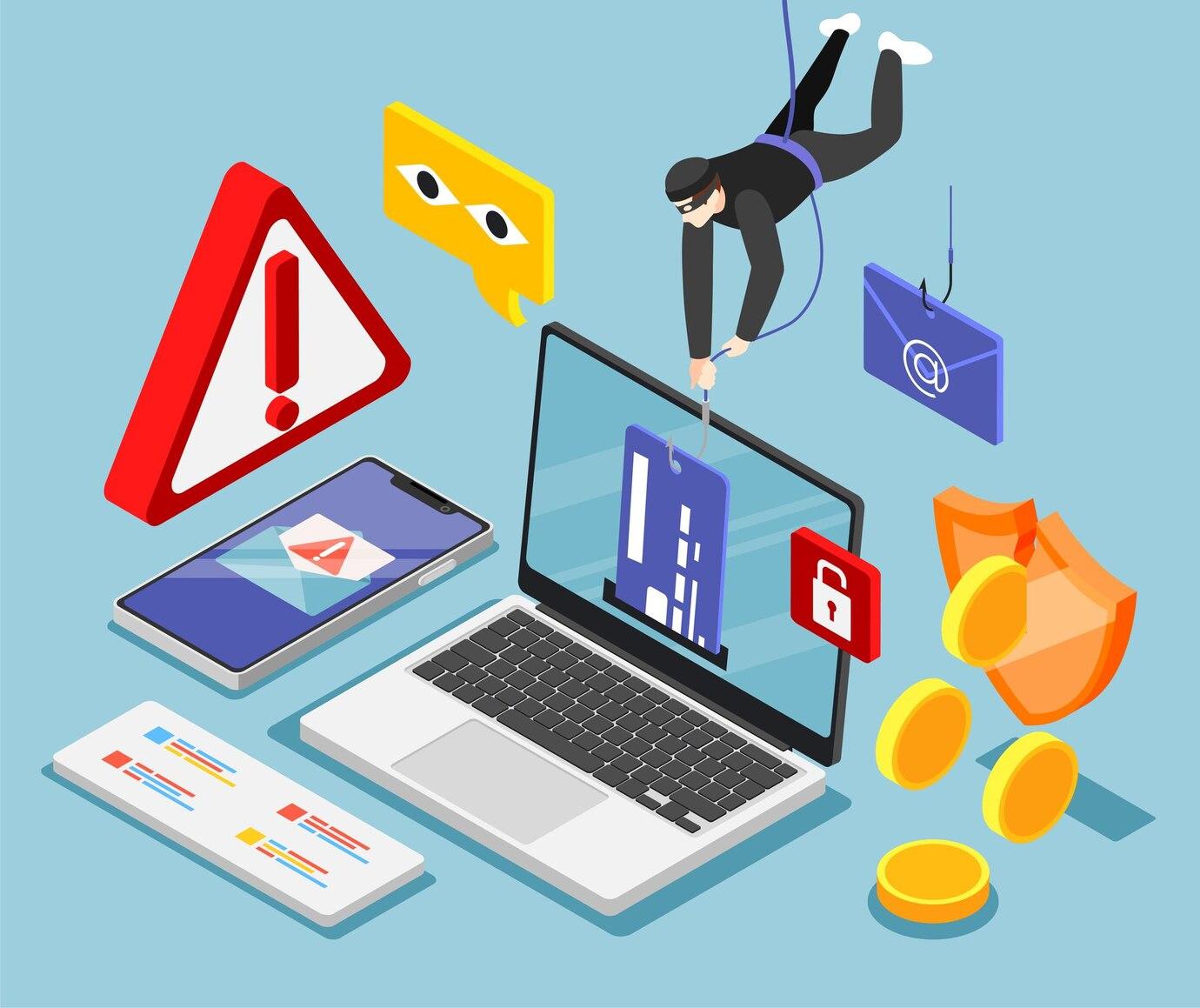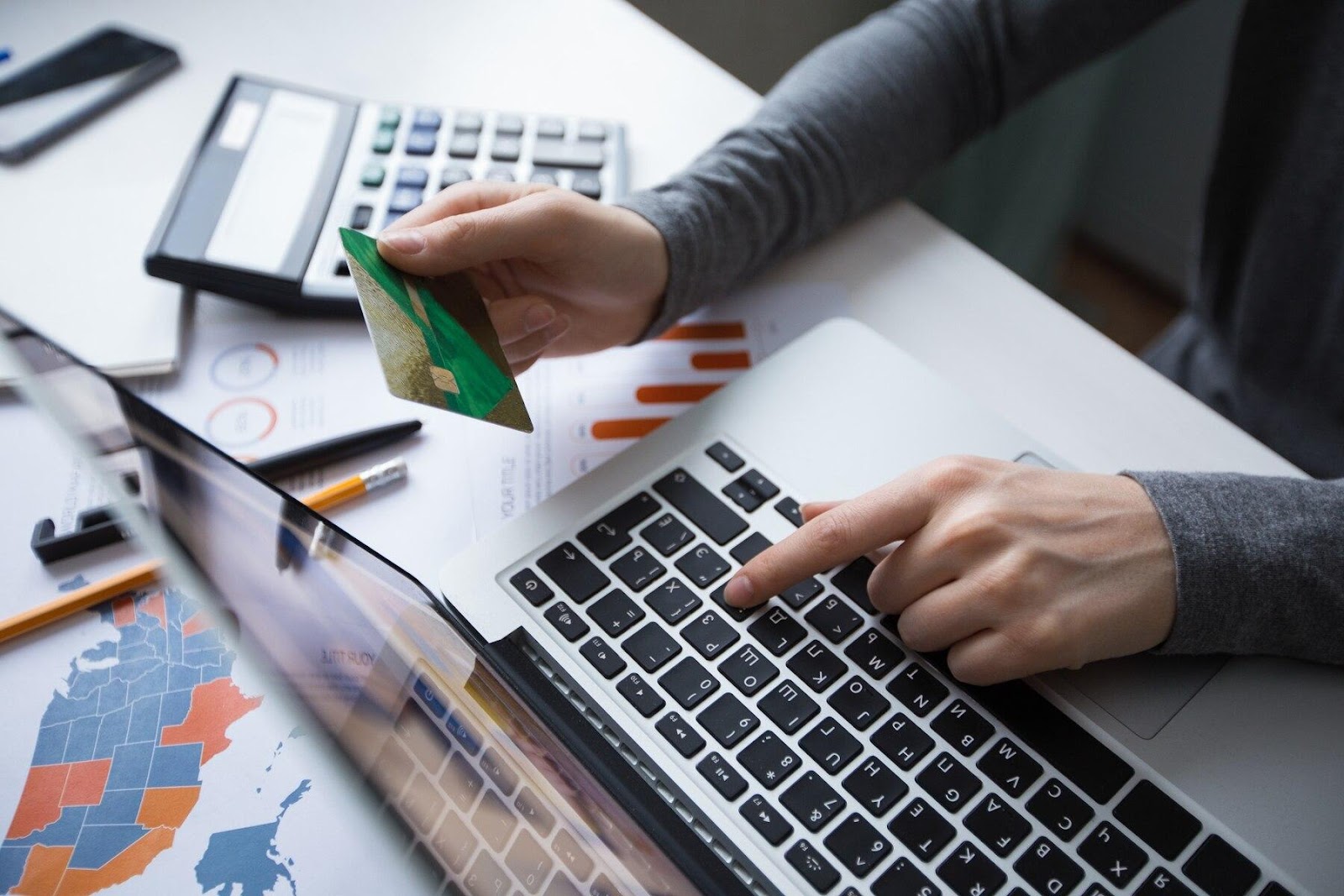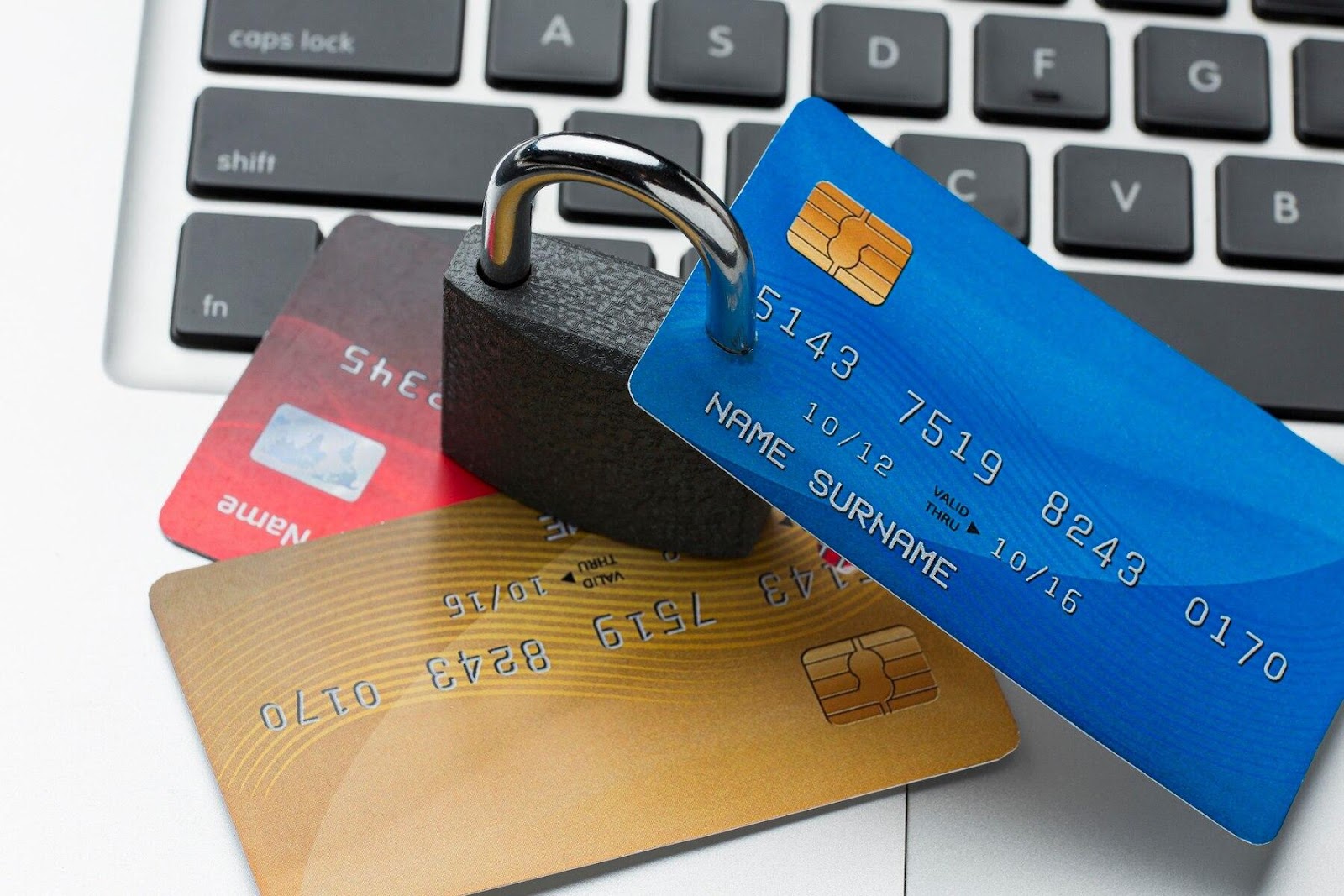In the modern world, online shopping has become an integral part of our lives. It provides access to a huge number of products from around the world, significantly simplifying the purchasing process.
Marketplaces are huge online platforms where many sellers offer their products. When making purchases on marketplaces such as eBay, Amazon, or AliExpress, it is necessary to be especially careful. Sellers can use different fraud schemes, from selling counterfeit goods to hacking accounts.
Effective security measures on such platforms can minimize risks, but this requires attentiveness and awareness from the buyer.
Fraud in International Purchases
When making purchases abroad, users are exposed to fraudulent schemes that may not be so obvious.
The danger also lies in the fact that international transactions may not have proper protection. Even if your payment is made through a secure platform, this does not exclude the possibility that the product will turn out to be counterfeit or will not be sent at all. If you encounter such a situation, it will be extremely difficult to get your money back, especially if the seller is located abroad.
Fake Sellers on AliExpress
AliExpress, one of the most popular international marketplaces, is no exception, and scammers actively use it to commit fraudulent actions. Among the risks, several aspects can be highlighted:
- fake sellers may list counterfeit products, sales of which are significantly higher than market prices.
- scammers can manipulate reviews and ratings.
- on AliExpress, entire groups of scammers may operate, creating multiple accounts to increase trust levels.

Risks of Shopping on Foreign Websites
When buying goods on foreign websites, users face additional risks. Often, after placing an order, the buyer discovers that they will have to pay an additional amount upon delivery, which becomes an unpleasant surprise.
It is also worth considering the delivery time. It can vary significantly, and often the user has no way to control it. Sometimes people wait for months for a product, and ultimately may not receive anything. This also opens doors for scammers who can simply smirk, ignoring buyers.
How to Avoid Scammers in E-commerce
To avoid scammers when shopping in online stores, there are a few simple recommendations that all users should follow.
- conduct a thorough check of the seller before making a purchase. Users should research the reliability and reputation of the seller, and study reviews from other buyers.
- use secure payment systems
- pay attention to the return policies and guarantees offered by the seller.
Buying counterfeit products is one of the key issues faced by users of international platforms.
Studies show that more than 30% of users purchasing branded products online have encountered counterfeits. Scammers often use the name of a well-known brand to sell their low-quality products.
Therefore, before making a purchase, it is important to study the details and characteristics of the product.

Scams on Global Marketplaces
It is important to understand that fraud is taking on new forms, and scammers are not standing still. One example of such a scam is deception using messages that fake the status of product delivery.
Another scheme is a fake warranty offer. Stunned buyers sometimes resort to additional warranty programs for which they did not intend to pay, ultimately costing them money or confidential information.
To protect against these schemes, do not trust messages that come from platforms. It is better to check information through official channels.
The most important aspect of online shopping is using secure payment methods. Today, many platforms offer clients to pay for purchases quickly and easily using credit cards or electronic wallets, but each method has its advantages and disadvantages.
For maximum protection against fraud, it is recommended to use cards that offer additional levels of protection for online purchases. Electronic wallets, such as PayPal, Venmo, and others, also provide secure transactions and buyer protection. If there is a problem with the purchase or dissatisfaction with the product, users can initiate a return process. Also, the platform should provide customers with the opportunity to pay through secure channels, such as HTTPS. The presence of a padlock in the browser's address bar is an additional guarantee of security when interacting with this online store.

Scammer Schemes in Online Stores
Scammer schemes in online stores are often based on convoluted manipulations. One of the most basic ways is fake sales and discounts that offer products at prices significantly lower than market value. Even if users receive the product, its quality may leave much to be desired.
Fraud with credentials is another type of scam. Users may receive fake invoices with credentials that do not match the original seller. Knowledge of common schemes will help better protect against scammers, so it is important to constantly monitor new methods of deception and stay vigilant.
How to Verify Seller Reliability
Before making a purchase in any online store, it is worth checking the reliability of the seller. There are several methods for this:
- it is recommended to review customer reviews.
- pay attention to details, the number of products sold, the seller's overall rating, and years of operation on the platform
- contact the seller directly. By asking a few questions about the product or delivery conditions, you can assess their response.
- check the purchase history.

Conclusion
Shopping on international online platforms carries both opportunities and risks. Fraud is a pressing issue that directly affects users. To avoid unpleasant situations, it is important to be aware of fraud schemes and be careful when choosing a seller by analyzing their reputation, reading reviews, and using secure payment methods.
